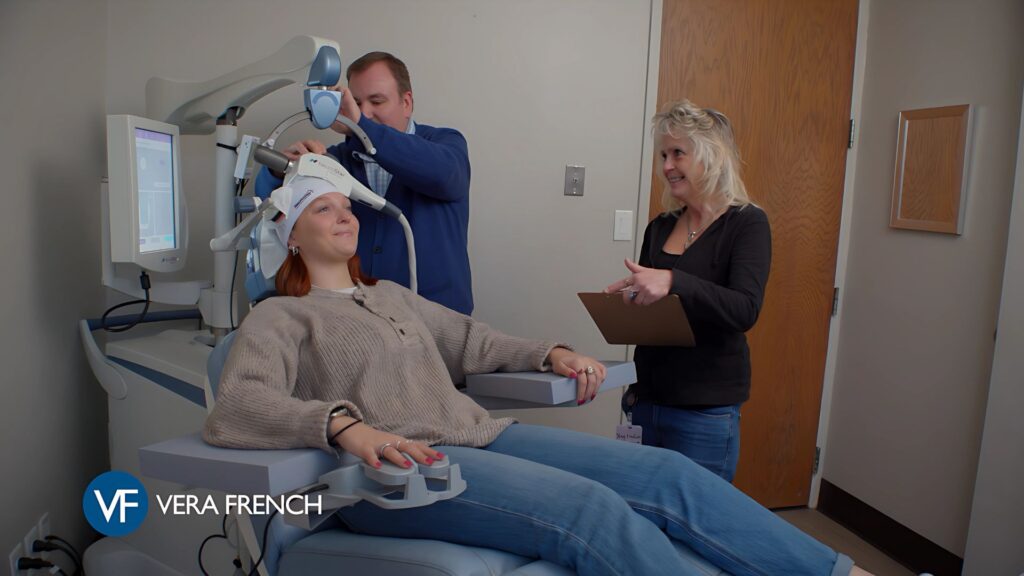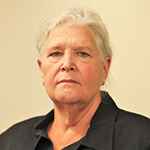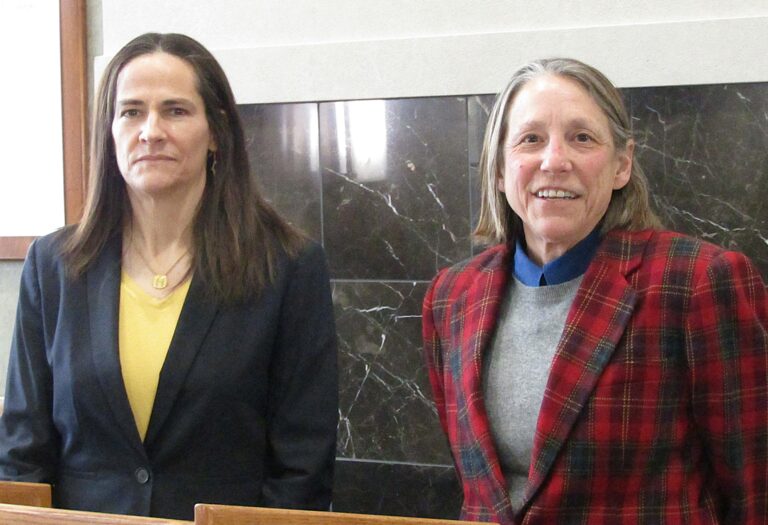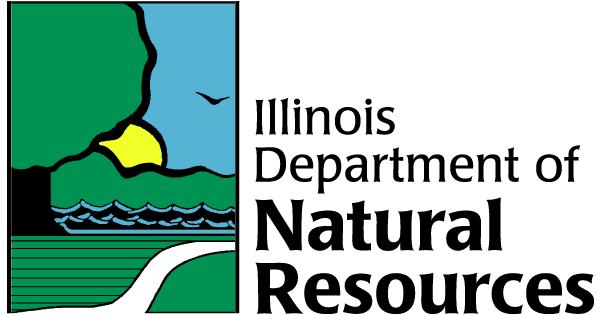
Vera French Mental Health Center staff simulate a Neurostar transcranial magnetic stimulation (TMS) treatment. CREDIT VERA FRENCH MENTAL HEALTH CENTER
Hundreds of patients struggling with treatment-resistant Major Depressive Disorder (MDD) are finding new hope and embracing new possibilities thanks to Vera French Mental Health Center’s cutting-edge, noninvasive transcranial magnetic stimulation (TMS) treatment.
In fact, Vera French CEO Dr. Richard Whitaker and psychiatrist Dr. Henry Emerle offered a glowing report on the clinic’s promising and growing NeuroStar TMS Therapy in a Mental Health Awareness…

Want to Read More?
Get immediate, unlimited access to all subscriber content and much more.
Learn more in our subscriber FAQ.
Do you want to read and share this article without a paywall?







